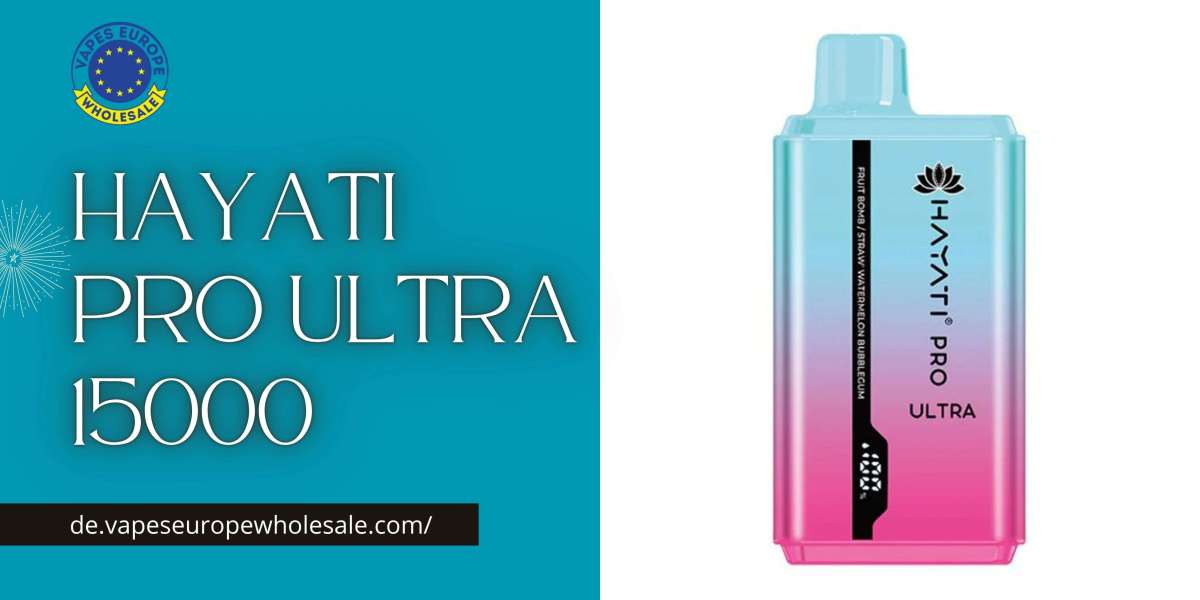When people think of luxury and wealth, gold is often the first thing that comes to mind. It has been a universal symbol of wealth, power, and status for thousands of years. But there’s a lesser known treasure that, gram for gram, can actually be more expensive than gold oudh. Also known as agarwood, oudh is a rare and highly sought after substance used primarily in perfumery and traditional medicine. So, is oudh more expensive than gold? The answer may surprise you.
What Is Oudh?
Oudh is a fragrant dark resinous wood that forms in Aquilaria trees when they become infected with a specific type of mold. This infection prompts the tree to produce a dark aromatic resin as a defense mechanism, which is then harvested to produce oudh oil or chips. The process of resin formation can take decades, and only a small percentage of Aquilaria trees produce oudh naturally, making it extremely rare.
Oudh has been used for centuries in Middle Eastern, South Asian, and East Asian cultures, both for its captivating aroma and for its spiritual and medicinal properties. In modern times, oudh has become a prized ingredient in high-end perfumes and incense.
The Price of Gold: A Universal Benchmark
Gold has always been considered a safe and stable investment. As of mid-2025, the price of gold typically ranges between $60 to $70 per gram, depending on market fluctuations. Gold's value is well-established, and its pricing is consistently tracked and traded on global markets.
Gold is durable, divisible, and widely recognized, making it a practical asset for investment and adornment alike. Its limited supply and high demand have ensured its place as one of the most valuable commodities in the world.
Oudh: The Liquid Gold of the East
The rarity of natural oudh, combined with the lengthy and uncertain harvesting process, makes it incredibly expensive. High-quality oudh oil can fetch anywhere from $100 to over $300 per gram, and in some rare cases, even more. That’s several times the price of gold per gram.
Several factors influence the price of oudh:
Origin of the wood (Indian, Cambodian, or Vietnamese oudh is often more expensive)
Purity and distillation method
Age and concentration of the oil
Supply and sustainability
Because of its incredible cost and limited supply, oudh is often referred to as “liquid gold” in perfumery and luxury markets.
Why Is Oudh So Expensive?
Rarity: Only a small percentage of Aquilaria trees develop the resin naturally.
Time-Consuming Process: It can take decades for trees to produce oudh of sufficient quality.
High Demand: The fragrance industry, particularly in the Middle East, values oudh highly.
Illegal Harvesting & Conservation Concerns: Due to overharvesting, wild Aquilaria trees are now protected in many countries, making legal supply even more limited.
Complex Distillation: Extracting pure oudh oil is a labor-intensive and delicate process.
Comparing Value: Oudh vs. Gold
| Item | Average Price per Gram | Use Cases |
|---|---|---|
| Gold | $60–$70 | Jewelry, investment, electronics |
| Oudh Oil | $100–$300+ | Perfumes, incense, traditional use |
Clearly, premium-grade oudh oil often surpasses gold in price. However, gold remains more liquid and widely accepted in financial markets.
Conclusion
While gold has long been seen as the pinnacle of wealth, oudh quietly holds its own as a luxury commodity. In fact, depending on quality and origin, oudh can be significantly more expensive than gold by weight. Its rarity, cultural significance, and rich, complex aroma make it one of the most prized substances on earth. For those in the know, oudh isn't just a fragrance it's an investment in tradition, rarity, and opulence. Visit the official website of fragrancelord.com



